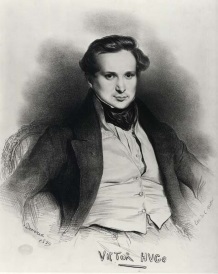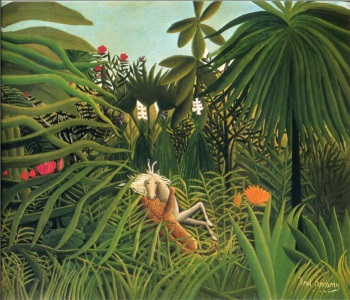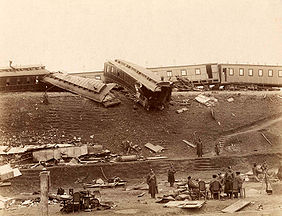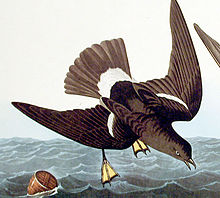Being bilingual, I’m always thinking about how a phrase or a verse would sound in another language. Here are some of my translations.
War on the Demolishers
Earlier this year I discovered an interesting piece written by Victor Hugo about the preservation of historical buildings in France called Guerre aux Démolisseurs written in 1832. Reading it in French, what I could understand of it, I was captivated by the intensity of his passion. It is a truly epic, sprawling rant, full of anger toward all the parties who for varied reasons were busy demolishing historical monuments or modifying them in ways that Hugo disapproved of. Like any great rant, it has a poetry to it, and a rhythm, it is a requiem and a battle cry.
Read on →Two French Poems
These are two French poems I translated a long time ago, when I was still taking French. Perhaps they will be of use to somebody. The first is by Leconte de Lisle, a French poet of the mid-19th century. The poem below was published in 1862 in a collection entitled Poemes barbares. I mostly preserved the 12-syllable lines (so-called Alexandrines) and the rhyme.
Read on →The Ballad of the Smoke-Filled Train Coach
And now for a considerably more obscure poem, which wasn’t published until long after the poet’s death. But it’s about a train crash, so I was intrigued by it. Not the Borki Train Disaster shown in the photo, but an unknown one sometime in 1932.
Unsurprisingly, Soviet railroad safety wasn’t so hot in those days. According to the Russian Wikipedia on railroad accidents, there were 43,015 train crashes and accidents in 1931, and 61,142 in 1934. The story goes that the poet, on holiday in Sochi with his wife, was supposed to take the train back to Moscow ahead of her, but found it so unbearable to leave her that he decided to delay his departure by a few days. Not until his return to the capital did he learn that the train he was originally supposed to take had crashed, and his friends had taken him for dead. The poem muses on what would have happened if he had taken the train.
Read on →Two February Poems
In the waning days of February, here are two translations that I did last year around this time, of Boris Pasternak’s February and Winter Night (Zimnya Noch). Pasternak is considered one of the greatest 20th Century Russian poets, and translating his poetry is not a task to be undertaken lightly. Still, I was so dissatisfied with what I could find on the internet that I figured I might as well throw my hat into the ring.
Read on →Song of the Petrel by Maxim Gorky
One rainy day in September 2012, I went and visited my parents. I didn’t have an umbrella so they were all upset about how I was getting wet.
And I said, I don’t like umbrellas. I don’t want to hide from the rain. I want to stand under the rain and get wet. And they said, You’re like a Burevestnik.
Burevestnik is a Soviet poem that all schoolchildren in the Soviet Union had to memorize. It tells of the eponymous bird who bravely embraces the storm, and is an allegory for how we shouldn’t be afraid to go through the strife of revolution to create a better society. I had read this poem before, but I looked it up again, and I kind of liked it. It’s stirring. I was like, exactly. This is why I don’t use an umbrella.
Read on →


